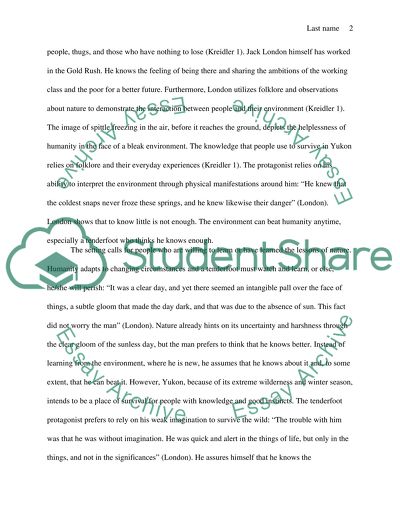Compare and contrast Research Paper Example | Topics and Well Written Essays - 750 words. Retrieved from https://studentshare.org/literature/1459212-compare-and-contrast
Compare and Contrast Research Paper Example | Topics and Well Written Essays - 750 Words. https://studentshare.org/literature/1459212-compare-and-contrast.


